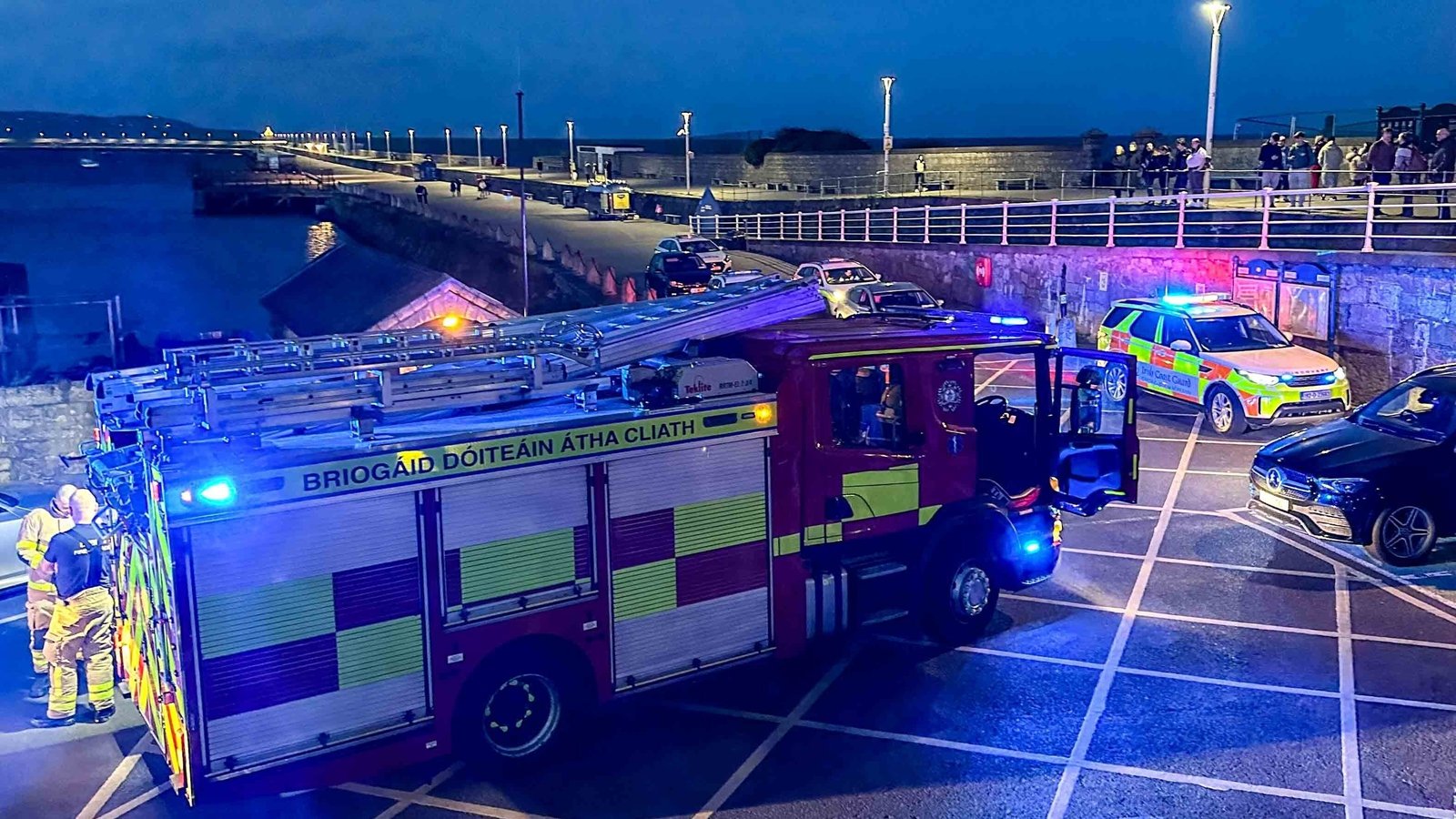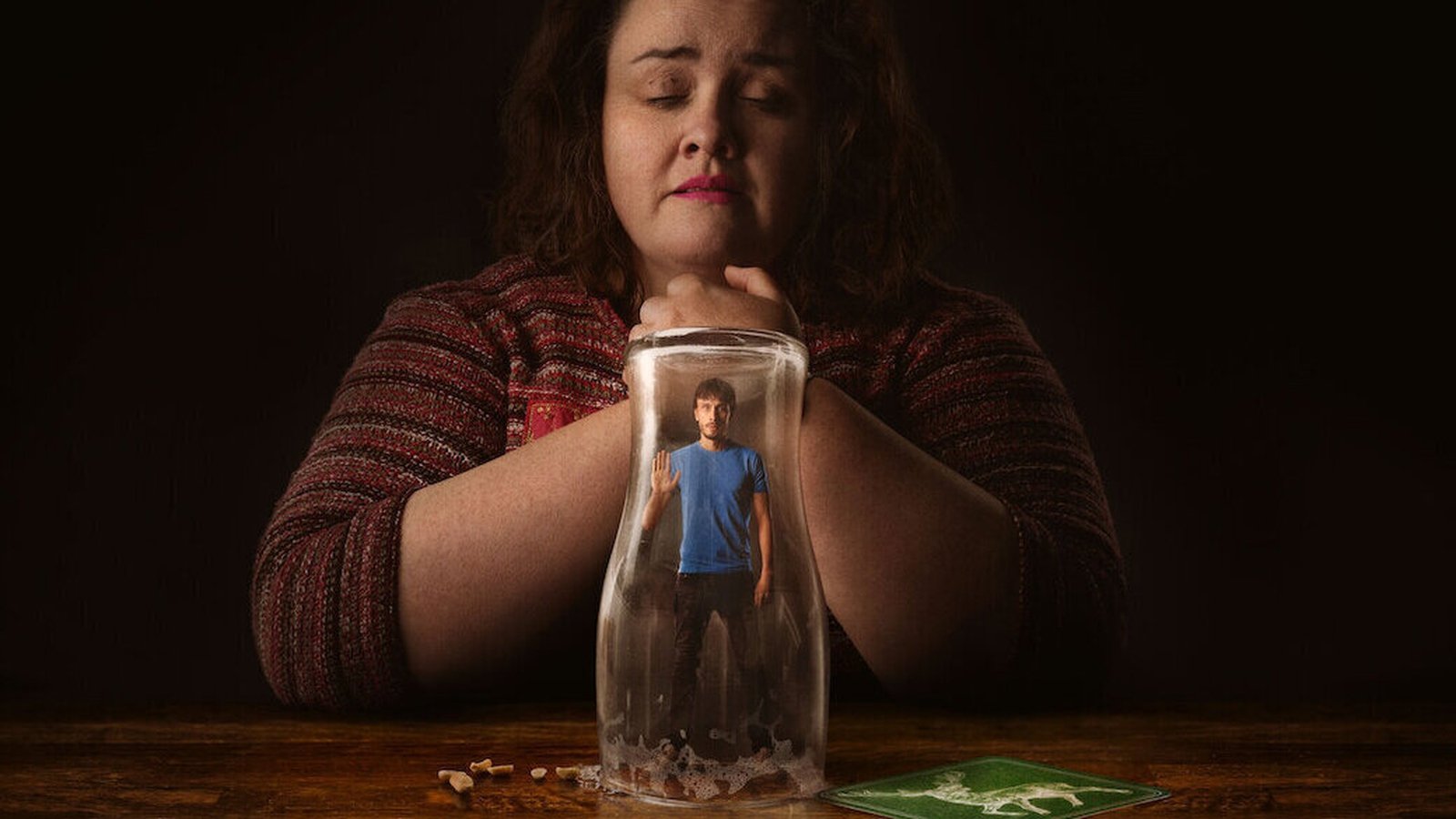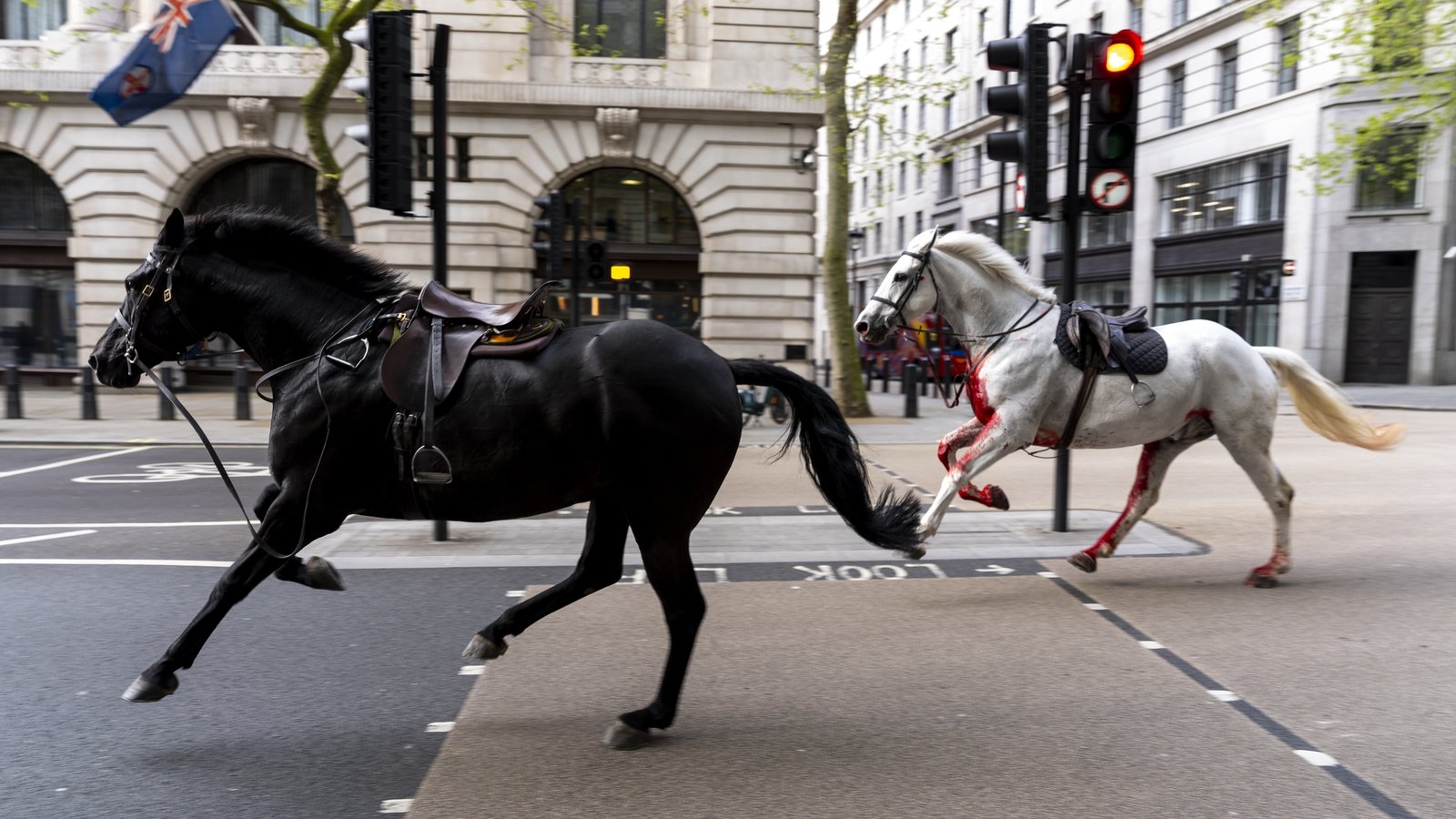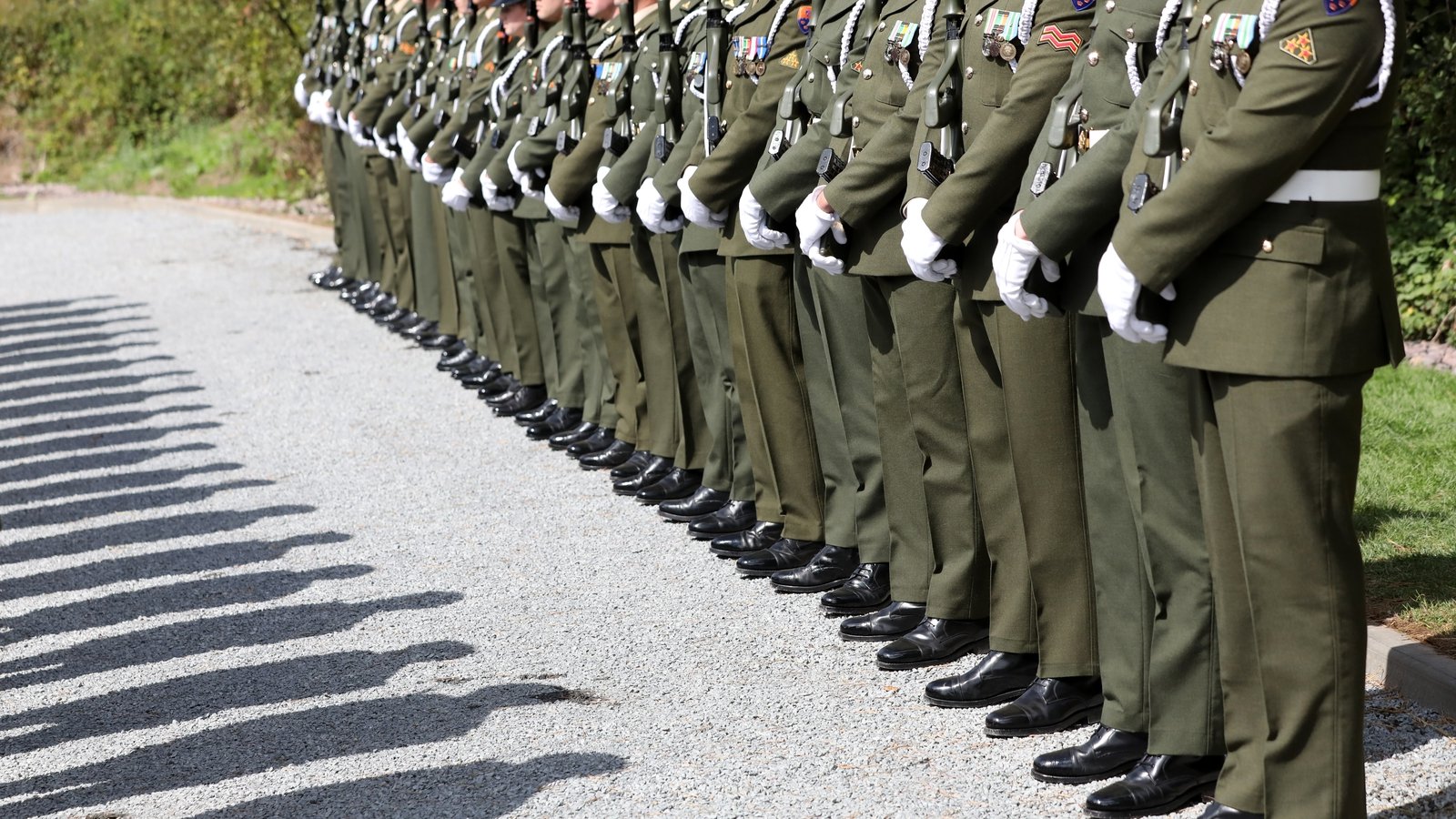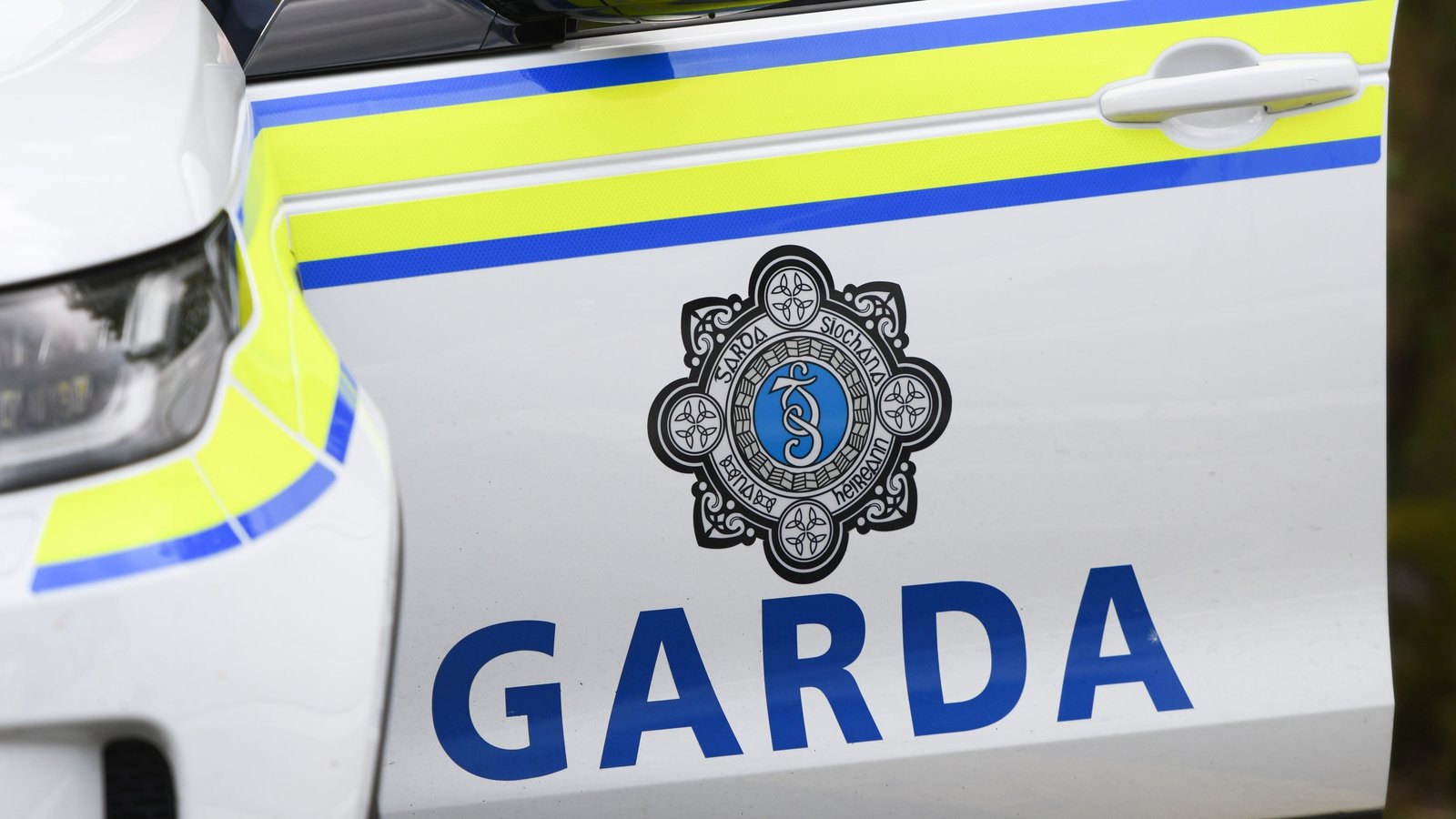Chuckling Kenneally sparks shock at unprecedented hearing

In unusual proceedings, convicted child abuser Bill Kenneally gave evidence in person to the Commission investigating how allegations against him were handled. Legal Affairs Correspondent Orla O’Donnell attended the unprecedented two-day hearing.
During sentencing hearings, judges in criminal trials often remark that their latest case is one of the worst they’ve ever come across. They also often add that they’re reluctant to comment in that way because they know it won’t be long before another, even more horrific case, comes before them.
But even amidst the horror, trauma, depravity and heartbreak that feature regularly in the criminal courts, the extent of Bill Kenneally’s offending, and his attitude towards his victims, stands out.
His evidence to the Commission of Investigation this week was possibly the most uncomfortable, unsettling and bizarre testimony those of us who regularly report on legal issues have ever experienced.
Since 2018, the Commission, under Mr Justice Barry Hickson and subsequently Mr Justice Michael White, has been examining how State authorities, the Catholic clergy, politicians and others, dealt with allegations of sexual abuse made by young, teenage boys against Bill Kenneally from the 1980s onwards. Judge White has already described it as one of the most serious cases of paedophilia uncovered in Ireland.
Kenneally comes from what was once a powerful political dynasty. His grandfather Willie Kenneally, uncle Billy Kenneally and cousin, Brendan Kenneally were all Fianna Fáil TDs for Waterford. An uncle on his mother’s side, Monsignor John Shine, was a significant figure in the Catholic church in Waterford.
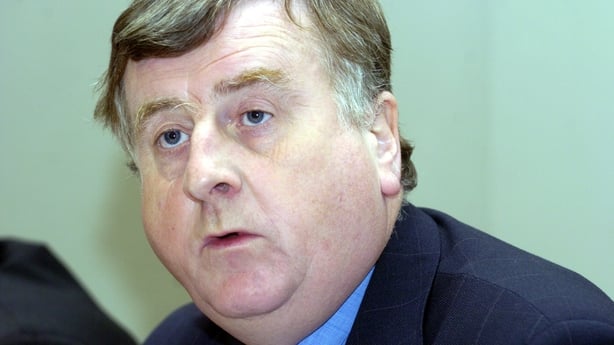
Senior gardaí spoke to Kenneally in 1987 about allegations that he had indecently assaulted a 14-year-old boy. One of his victims said he had also told gardaí about Kenneally’s activities two years before that.
After the 1987 meeting, he was sent to speak to Monsignor Shine who arranged for him to go to a doctor a number of times. But as Kenneally himself said, he heard nothing more from gardaí for 25 years, until his house was searched in 2012 and he was arrested the following year.
“….no amount of counselling or mental health medication” could have prepared him for Kenneally’s “sniggering and giggling”
Kenneally’s victims campaigned hard, some waiving their right to anonymity, to ensure this Commission was set up. They want to know if collusion and the Kenneally name protected him from prosecution at a much earlier stage.
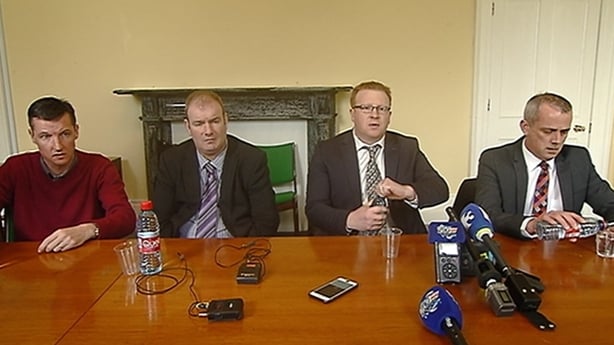
It has now heard evidence from almost all the key players who are still in a position to testify. Some of the testimony was taken in private due to the sensitivities of the victims and in an effort not to prejudice criminal proceedings. But it has moved into hearing evidence in public since the criminal cases finally came to an end last year.
The public hearings have been held in the offices of the Dublin Dispute Resolution Centre, near the Four Courts. The DDRC specialises in arbitrations, mediations and alternative dispute resolution. The same building also houses the offices of many barristers. It does not usually cater for proceedings involving convicted criminals.
On Tuesday morning however, a prison van pulled into the underground car park. Accompanied by prison officers and uniformed gardaí, Bill Kenneally emerged from the van in handcuffs, and was escorted upstairs to the large room which normally hosts conferences and presentations.
But there was nothing normal about this hearing. It is highly unusual to hear from a convicted person after their trial is over, while they are still serving their sentence. It is also disturbing to hear directly from someone convicted of the serious sexual abuse of children as they try to minimise and justify their actions and ignore the effect of their crimes on their innocent victims.
Many of those victims, who are now men in their 40s and 50s, were present to hear what Kenneally had to say. Despite the pain they knew it would cause them, they wanted him to give evidence, believing his testimony would shed crucial light on the matters at the heart of the Commission’s inquiries.
Tone set from first interactions
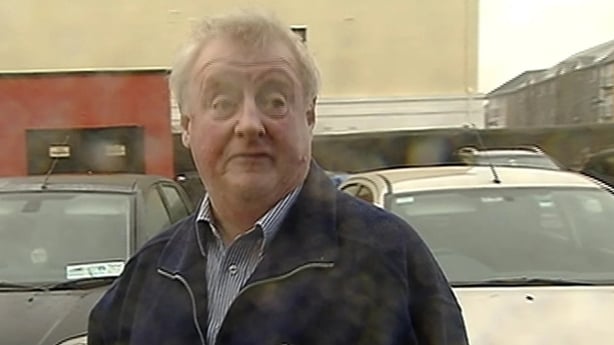
The tone was set from Kenneally’s first interactions with the chair of the Commission, Judge White. The judge, an extremely experienced former judge of the Circuit Criminal and Central Criminal courts, acknowledged that it was a “very emotional, difficult situation” and he understood feelings were high. But he asked those listening to respect the procedures put in place for the sake of everybody.
Kenneally took the first opportunity to express his concerns – but not about what he had done or about the emotions he might provoke in his victims. It transpired that he had written to the Commission on a number of occasions and now that he had the chance, he wanted to outline his complaints in person. These included a failure to provide him with copies of legislation he had requested and a refusal to allow him to be present when testimony from the victims was taken in private session.
When questioning began, Kenneally’s demeanour was bullish and combative, interspersed with bouts of highly inappropriate chuckling. He quoted the Commission’s terms of reference when he felt lawyers were seeking to go into too much detail about his crimes. And he repeatedly emphasised his claim that the abuse he had spoken to gardaí about in 1987 and to which he had pleaded guilty to in 2016, related only to boys under 15.
Barrister Barra McGrory, representing seven of the victims, put it to him that he continued to abuse boys after 1987. “Did I?? Did I??” Kenneally asked. He went on to question the legal procedures adopted in his second trial in May 2023 during which he pleaded guilty to sample counts, covering the period up to 1990, claiming it wasn’t a fair trial.
He insisted again that he didn’t do “anything criminal” after December 1987. Mr McGrory put it to him that he had continued “doing the sort of thing” he did. “I believe not with any boy below the age of consent,” Kenneally said.
The issue of the age of consent stems from the law in effect at the time of his offences which stated that consent could not be a defence in relation to the indecent assault of people under 15. This means that an accused person could claim there was consent involved with boys aged 15 and over, something that was an issue in the second criminal trial and a matter Kenneally repeated multiple times during his evidence.
At one stage, asked by his own lawyers about his sexual “predilections”, he described himself as an ephebophile – which is defined as an older adult who is sexually attracted to adolescents. He followed that description with a chuckle.
Kenneally told Mr McGrory that he felt a shadow hanging over him in the two decades before he was finally arrested. He said he “always had a guilty conscience” and was “still always haunted by the fact that I did it.”
But despite these words, over his two days giving evidence he showed little sign of remorse or of any insight into the effects of his crimes.
When he was asked if he had supplied alcohol to teenagers aged 13 and 14, he shot back: “is that a criminal offence?”. Put to him that he had given them alcohol to get them to cooperate with what he wanted to do, he said “cooperation insinuates consensual”.
Asked if he understood that he had ruined the lives of his young victims, his immediate response that “if they were ruined, I don’t know why they took 30 years to come forward”, provoked audible and obvious shock amongst most of those listening.
When Ray Motherway, another barrister, told Kenneally he was representing two further victims, Kenneally responded with a chuckle that he knew who they were and had heard their evidence.
Mr Motherway reminded him that the men he had abused were in the room, and urged him to have some respect.
Kenneally claims ‘so hard to take’
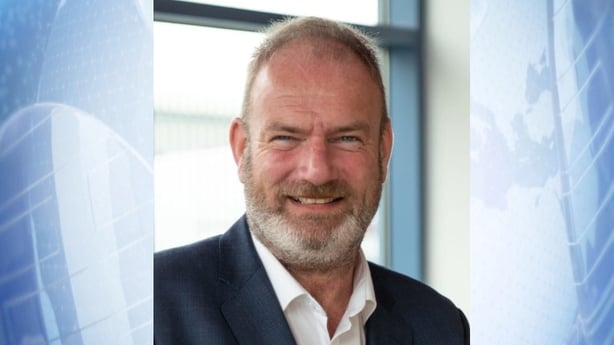
Jason Clancy, who was abused by Kenneally as a young teenager said afterwards, that he had prepared himself as best he could to listen to the evidence. But he said “no amount of counselling or mental health medication” could have prepared him for Kenneally’s “sniggering and giggling”.
Mr Clancy said the claims by Kenneally that there was something consensual about the abuse were “so hard to take” as well as being very hurtful and upsetting.
Mr Clancy agreed that listening to the evidence had been in some ways “retraumatising” but he said it was something the victims had wanted.
They felt that Kenneally could add important details to what they had already learned about the official response to his abuse.
In that regard, Mr Clancy said he felt that the proceedings had been useful. For the victims, Kenneally’s evidence that when he was called in to speak to gardaí in 1987, he gave them a number of other boys’ names, was significant.
“I’d rather go through the hurt and pain and misery……than for Kenneally not to say his piece”
Mr Clancy said he was also glad to hear Kenneally asked directly by Mr McGrory if he thought he had received special treatment from the gardaí because of his family connections.
It is this issue the Commission of Investigation must ultimately focus on.
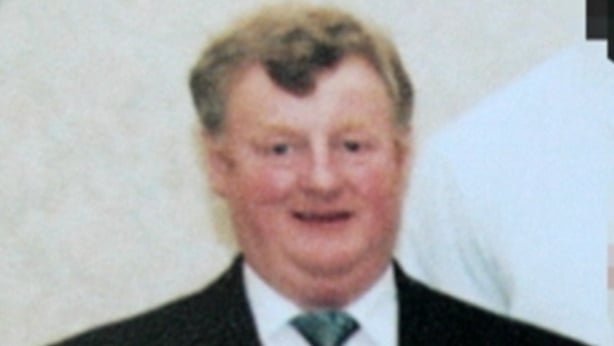
Again and again, Mr Justice White reminded Kenneally that his concerns went beyond an interpretation of the age of consent and whether or not a boy was under or over 15. He told Kenneally he wasn’t interested in the substance of his actions. But he said he was examining the breadth of his offending. He said his examination of the way it was handled went “beyond the criminal sphere” and into wider issues of child protection.
Judge White was clearly concerned by some of what Kenneally had to say and the manner in which he spoke about some of the victims. He accused Kenneally of treating the Commission as “a bit of a circus” and said he wasn’t having that.
At the end of the proceedings, he put some of the defence mitigation evidence from Kenneally’s first trial to him, alarmed that Kenneally was trying to “resile from” or retract what had been said in his defence about his attitude to his crimes. When Kenneally tried to interrupt, the judge briefly became annoyed, raising his voice to urge Kenneally to listen to him.
Kenneally is not yet finished in the witness box and will give evidence again one more time after Easter. Lawyers for An Garda Síochána may have some questions for him. Judge White told him he would also face questions from lawyers for the Commission and from the judge himself. Kenneally expressed a wish to be brought to the Commission to give evidence in person again, rather than by video link.
After that, it seems an end to this six-year process is in sight. Speaking to journalist Damien Tiernan on local radio in Waterford, another man who was abused as a boy, said it was difficult to watch Kenneally portray himself as the victim in all of this. But Kevin Keating said the real victims believed the truth about what happened was finally coming through.
Jason Clancy agrees. He said he believed the whole story needed to come out for the good of the victims and “for the greater good”, even if the victims had to go through some more pain first.
“I’d rather go through the hurt and pain and misery,” Mr Clancy said, “than for Kenneally not to say his piece”.
The victims are hopeful Judge White will publish his report later this year.

